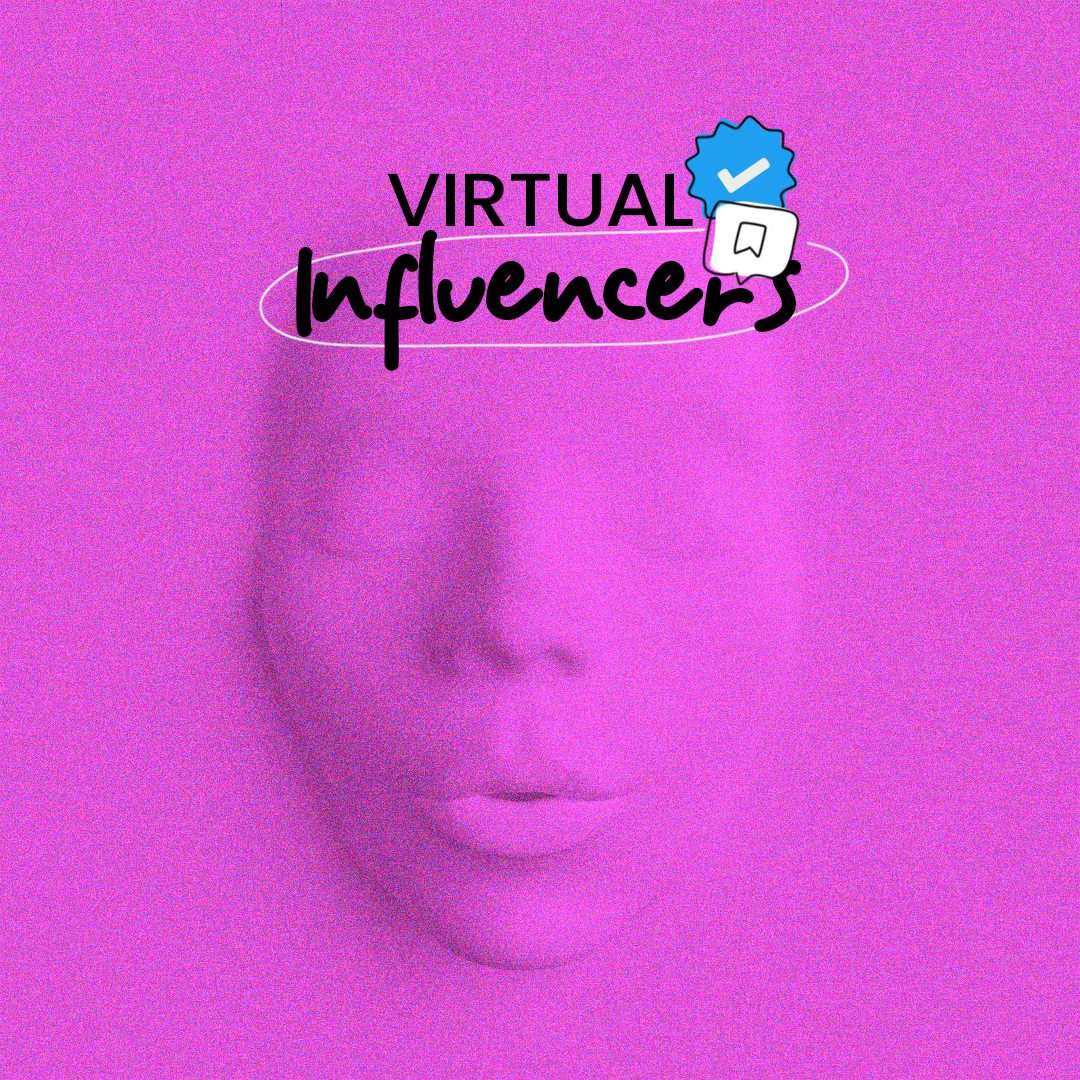We’re one year into the new decade and we know for a fact that there will be so many innovations in the next 9 years – more so than what we saw in the previous decade. So much changed between 2010 and 2020, and in the world of marketing, influencers made their way during those years. Then robot influencers took over. And in the world of digital marketing, they are called AI influencers.
So, what is an AI Influencer?
AI influencers have been around for longer than you know, before 2016 even. They really boomed in 2018 and well, they will probably rise in popularity in this decade. AI influencers are not real; rather, they are programmed by a computer and managed by an entire team. They are more present and popular on Instagram as opposed to other platforms such as Twitter and Facebook. The main reason for this is that Instagram is an image-dominant platform, making it easier for AI influencers to create content.
Many big brands around the world have already worked with AI influencers, especially companies in the fashion and lifestyle industry. And it may come off as a surprise to you, but there are several AI influencers with millions of followers online, some of which exceed the average number of followers of real influencers. And this is considering the fact that users know that these influencers aren’t real – yet still choose to follow them.
Two of our favorite AI Influencers:
2. Miquela: Miquela is an AI influencer who is involved in activism and is particularly an advocate of the BLM (Black Lives Matter) movement. She uses her platform to spread awareness on issues such as the former, among many other important topics as well. She has released her own music videos as well and has collaborated with various brands, including Calvin Klein, Prada, and Samsung. She has 3M followers and is – so far – the most popular AI influencer.
AI Influencers VS. Real Influencers:
So far, AI influencers have attracted gurus from the fashion world – from international fashion houses to more local streetwear brands.
Now, AI influencers may seem cool and all, but not everyone is a fan of them. Though you have major supporters, especially those who believe in the power and future of AI, there are some people who are quite skeptical about the whole idea. They believe AI influencers are missing that “human” element, a feat that no robot could actually attain to the fullest. They also believe that there is no way an AI influencer could actually “influence” users as a real human could. And if we truly think about it, there is a bit of truth to that. To give just one example, if we look at the world of cosmetics, there is no way an AI influencer could give an authentic review of a product, even if the team behind the influencer does the actual work – which might be the case in reality.
Either way, AI influencers are helping brands boost their sales and they don’t seem to be vanishing anytime soon. In fact, we believe they’re here to stay and dominate!
